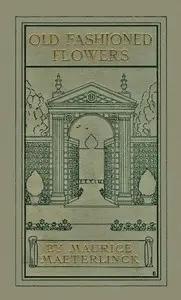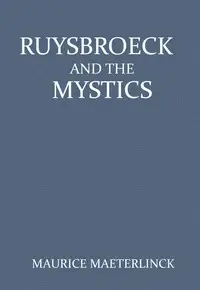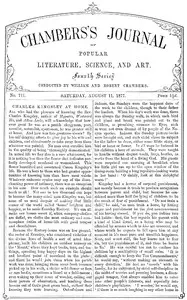"Our Friend the Dog" by Maurice Maeterlinck is a reflective work that blends elements of philosophy and pet literature, written in the early 20th century. The text explores the deep bond between humans and dogs, emphasizing themes of love, loyalty, and the challenges of understanding instincts in a civilizational context. The book primarily discusses the unique relationship that dogs have with humans, offering insights into the nature of companionship and the lessons that can be drawn from being attuned to a dog's perspective. In the narrative, Maeterlinck introduces us to Pelléas, a young bulldog, and shares his experiences and thoughts as he navigates life in a human household. The text delves into the complexities of a dog's learning journey, highlighting their innocent exploration of the world and their struggle to understand human customs and interactions. Through Pelléas's experiences, the author illustrates the themes of duty and devotion, as the dog grapples with the realities of serving his human master while also reflecting on the instincts that drive him. Ultimately, the work is a poignant tribute that elevates the dog's position, portraying it as an affectionate and devoted companion that enriches human life through its unique bond and loyalty. (This is an automatically generated summary.)

Our Friend the Dog
By Maurice Maeterlinck
"Our Friend the Dog" by Maurice Maeterlinck is a reflective work that blends elements of philosophy and pet literature, written in the early 20th cent...
Maurice Polydore Marie Bernard Maeterlinck, also known as Count/Comte Maeterlinck from 1932, was a Belgian playwright, poet, and essayist who was Flemish but wrote in French. He was awarded the Nobel Prize in Literature in 1911 "in appreciation of his many-sided literary activities, and especially of his dramatic works, which are distinguished by a wealth of imagination and by a poetic fancy, which reveals, sometimes in the guise of a fairy tale, a deep inspiration, while in a mysterious way they appeal to the readers' own feelings and stimulate their imaginations". The main themes in his work are death and the meaning of life. He was a leading member of La Jeune Belgique group, and his plays form an important part of the Symbolist movement. In later life, Maeterlinck faced credible accusations of plagiarism.


















